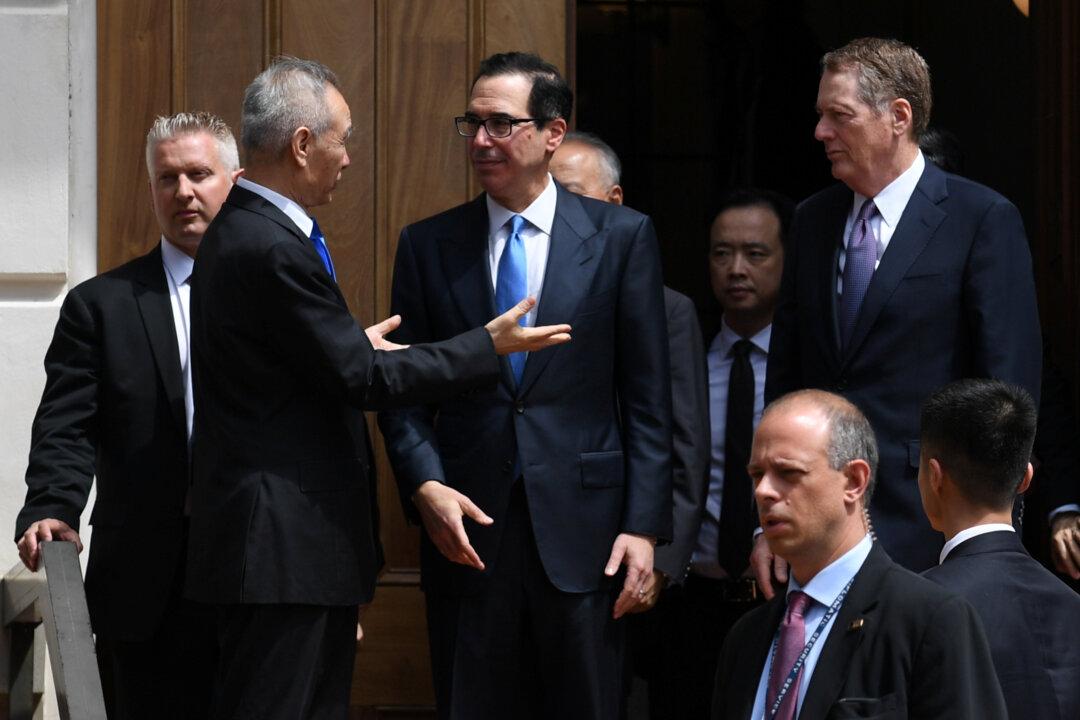As trade tensions between the United States and China escalated in the week following President Donald Trump’s surprise announcement of a tariff hike on Chinese imports, China’s state-run media soon cranked up its propaganda efforts, criticizing the actions of the United States.
In a familiar response, news of Trump’s decision on May 5 to raise tariffs to 25 percent from 10 percent on $200 billion worth of Chinese goods was immediately met with blanket censorship in China, along with silence from the regime’s official media.





